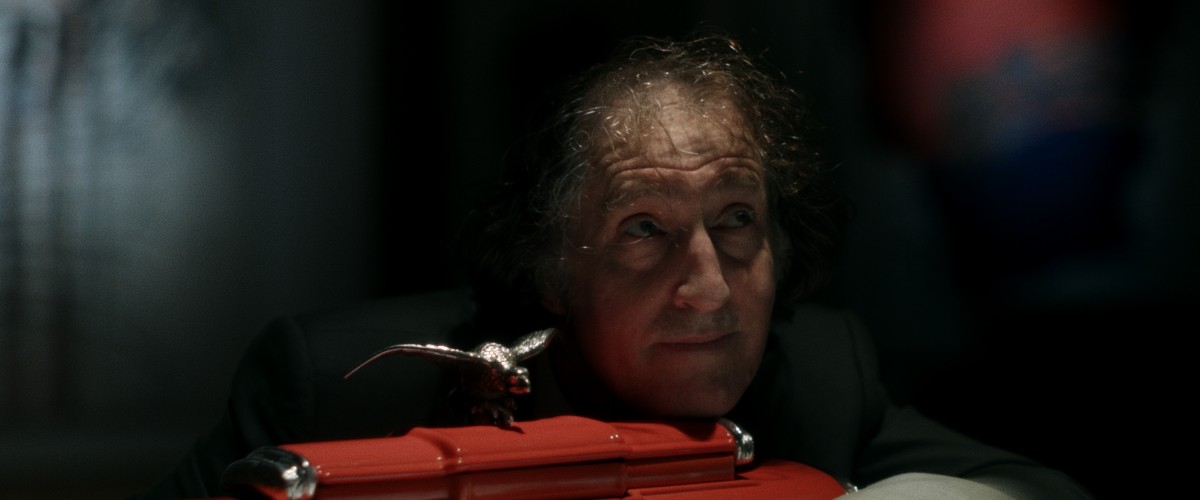
Now streaming on:
I didn’t believe a single second of “Crumb Catcher.” It begins with a nauseating blitz of woozy frames: Shane (Rigo Garay) and Leah (Ella Rae Peck) are taking post-wedding photos, holding each other arm-in-arm in a stilted, forced manner. They relate to the photographer the different versions of how they met. Shane is an author, Leah works for him. No, actually. Leah works at a publishing house that represents Shane, who is nearing the release of an autobiographical book. They met at an office party where Leah was perturbed and impressed by Shane dancing with the office’s many women employees. Now, they’re hitched. As Shane’s nerves get the better of him, causing the self-conscious author to storm off to the newlyweds’ room, you wonder who pushed him to marry the bossy Leah.
You can then imagine my surprise that the film doesn’t pull the rug out from under you. There are no ulterior motives, no marriage of convenience or circumstance, no aims at becoming a power couple. Rather we’re mostly meant to believe that Shane and Leah truly care for one another. That belief, unfortunately, never takes, causing writer/director Chris Skotchdopole’s debut feature to be a labored attempt at an absurdist suspense-thriller.
Skotchdopole nevertheless persists: Hours later, Shane awakes in the hotel room. An aggravated Leah is in a hurry for the couple to hit the road, especially since a creepy waiter attempted to strike up a conversation with her while Shane was sleeping. They bump into that waiter, John (John Speredakos), again, in the parking garage as they wait for Shane’s '78 Oldsmobile to warm up. John apologizes for a mix-up with their cake topper, offering up a bottle of champagne as recompense. This waiter doesn’t appear dangerous, more obnoxious than anything else. He’s the type of guy who doesn’t know the conversation ended ten minutes ago, who often believes he’s offering pearls of wisdom when he’s actually selling spoiled goods — such as him denigrating a Latino co-worker for being as incompetent as he expects.
Still, he appears only to be a passing nuisance. As is the odd text Shane receives from an unknown number: We need to talk about last night. It’s probably the wrong number, he thinks. And by the time Leah and Shane arrive at their Executive Editor’s woodland house — a luxe space adorned with abstract expressionist paintings that leave Shane bewildered — he has mostly put the thought out of his mind. The couple quickly settle into this guest space for a honeymoon that is interrupted by headlights in the driveway: John has arrived with an invention he wants the couple to invest in, and his wife Rosie (Lorraine Farris), who has an incriminating video that could destroy Shane’s marriage, is with him.
Much of the film’s suspense is predicated on Shane’s fear of Leah learning his secret. Shane is so frightened, he allows the frazzled and desperate John — who happens to be sporting a concealed gun — to essentially call all the shots. Shane acquiesces to John’s demands to demo his product and for money. He even pumps up John’s fragile ego by intimating that his terrible invention has potential. Every time John returns to Shane, asking for more, Shane is pulled deeper and deeper into John’s harebrained scheme. It’s an overwrought dance between Shane, John, and Rosie that struggles to keep one’s interest — primarily because you never quite buy why Shane is jumping through so many hoops.
Once again, this is all dependent upon the idea that Shane and Leah are indeed in love. They are so in love that Shane is scared to death of their marriage ending. These two, however, have zero chemistry. Garay plays Shane as wide-eyed and nervous, while Peck portrays Leah as a manipulative powerbroker. It just doesn’t make much sense. What kept them together beyond being a one-night stand? What do they actually find interesting about each other? Leah tells Shane how fascinating it is that he's unlovable, but that isn't nearly enough. We know they’ve been together for five years. But they feel like strangers. The film gives some indication that Leah might be forcing Shane to mine his tragic backstory — he has an estranged relationship with his alcoholic father — because she knows it’ll sell. And yet, the film doesn’t wholly push that thought forward. Rather it gestures at the possibility without grappling with the fallout from that reality.
The film makes other gestures toward the couple’s racial optics. John’s microaggressions, for instance, become flat out aggressions. Shane is put in a situation where he may be framed for a crime simply because of the color of his skin. As he speeds toward safety, it feels like the film is playing with whether Shane wants to save Leah because he loves her or because he will be the prime suspect in any crime involving her. It all feels labored despite being so underwritten. The same might be said of the overactive camera, which oscillates between a rush of fractal images and honeyed compositions that feel like they're trying too hard to instill mood and tone. The editing is just as exaggerated, punching in a superfluous flashback to kick off a car chase.
The title of “Crumb Catcher” is all too apt. Skotchdopole sprinkles bits and pieces that add up to very little. The subplots dangle, the suspense unravels, and the primary relationship never takes off. What you’re left with isn’t an arresting piece of filmmaking, but an idea that is stretched beyond the ability to naturally hold one’s attention without relying on loud filmmaking and even louder themes. You can see every seam in this movie precisely because there are so few seams holding it together. It is the pitch of something without the landing of it.
Robert Daniels is an Associate Editor at RogerEbert.com. Based in Chicago, he is a member of the Chicago Film Critics Association (CFCA) and Critics Choice Association (CCA) and regularly contributes to the New York Times, IndieWire, and Screen Daily. He has covered film festivals ranging from Cannes to Sundance to Toronto. He has also written for the Criterion Collection, the Los Angeles Times, and Rolling Stone about Black American pop culture and issues of representation.
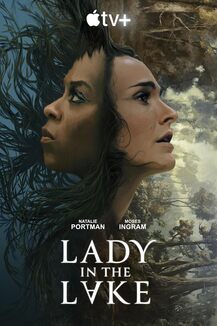

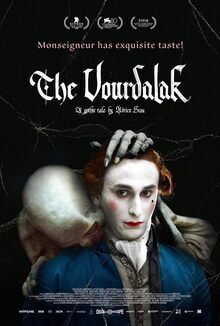
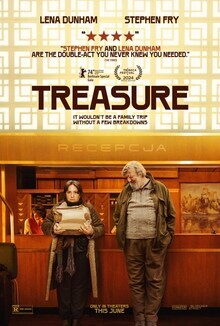
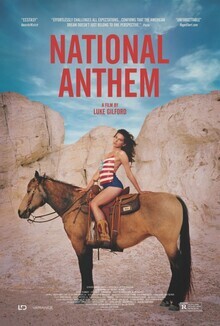
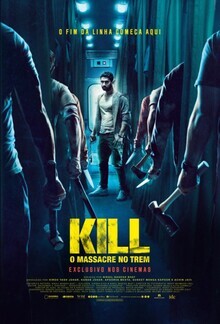
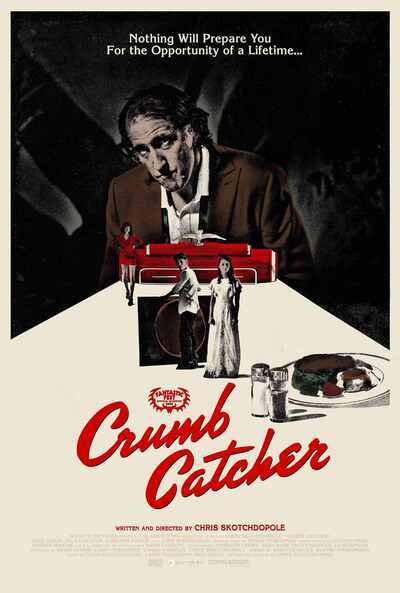
103 minutes
Rigo Garay as Shane
Ella Rae Peck as Leah
John Speredakos as John
Lorraine Farris as Rose
Rebecca Watson as Leah's Mom